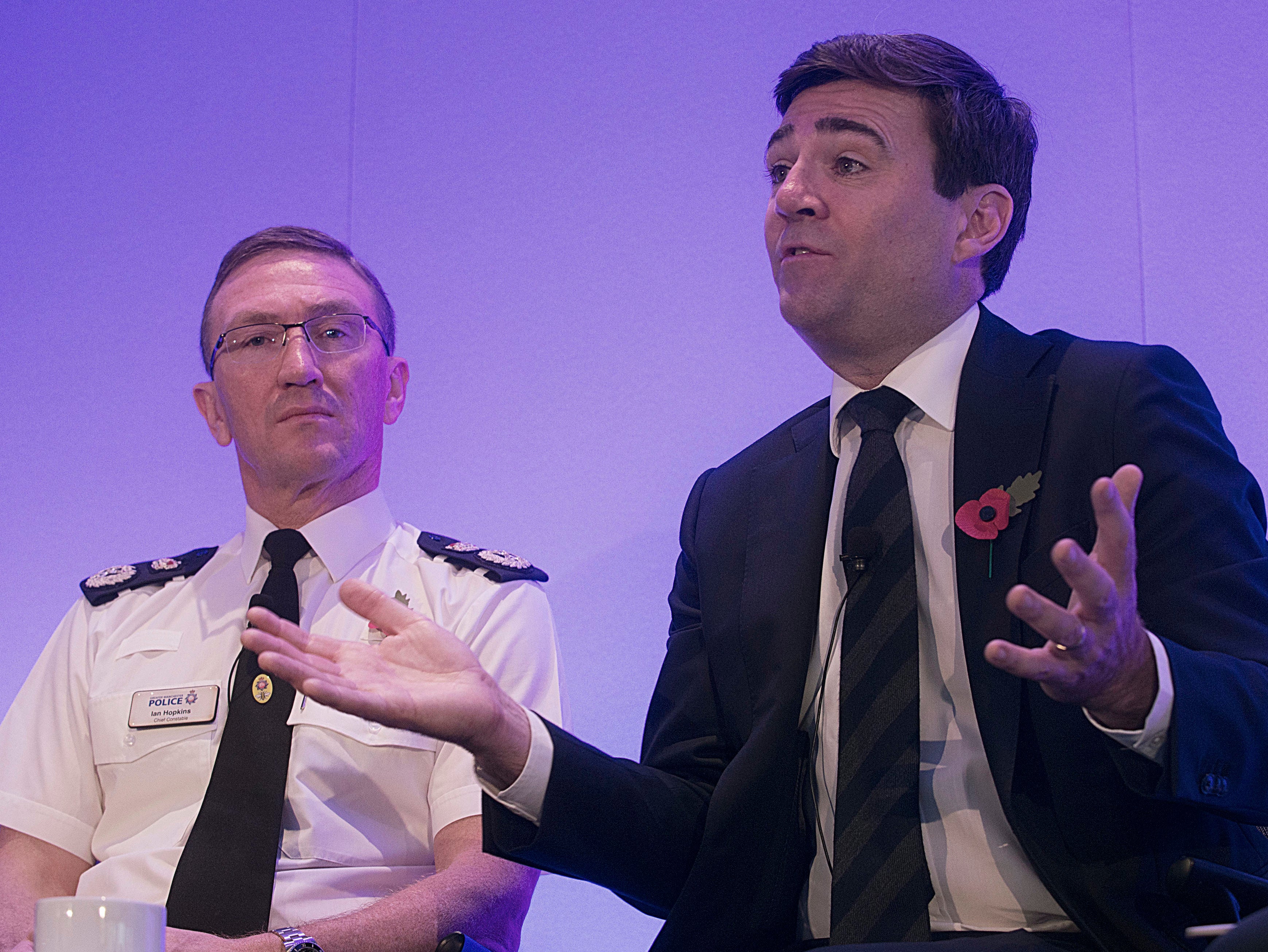
Two complaints have been upheld against a BBC documentary broadcast one year after the Manchester Arena bombing, which showed images from the aftermath of the atrocity that claimed 22 lives.
Families of victims of the terror attack at an Ariana Grande concert last year said footage shown in the documentary Manchester: The Night of the Bomb, which aired on BBC Two in June this year, caused them distress.
Both complaints were on the same issue.
The audience at the Society of Editors’ conference yesterday was silent when Greater Manchester Police chief constable Ian Hopkins asked if they knew that complaints had been upheld against the programme.
Press Gazette understands that a legal hold-up has delayed publication of the findings of the BBC’s internal Executive Complaints Unit in regards to the complaints, which the ECU has treated as one single complaint.
The outcome is set to be published in full once the issue is resolved.
The complaints did not reach broadcast regulator Ofcom, which now oversees the BBC, and would only have done so if no resolution could have been found at the corporation in the first instance.
A BBC spokesperson said: “The events that took place in Manchester were a tragedy and our aim was always to give greater weight to a matter of genuine public concern.
“We accept the ECU’s ruling that the distress caused by this footage was not outweighed by considerations of public interest, and we are pleased that this ruling notes that efforts were made by the filmmakers to minimise distress, by contacting families in advance of the broadcast and by blurring the images in the footage to ensure no one was identifiable.”
The documentary, which claimed to tell the story of the attack “in forensic detail, through the eyes of teenage girls who survived… and key members of the emergency services”, is no longer available on BBC iPlayer.
It featured “unseen mobile phone video and unheard audio recordings”.
Hopkins was speaking as part of a panel on the media that asked if it was “holding the powerful to account – or losing public trust”. Other panellists included Greater Manchester Mayor Andy Burnham and Manchester Evening News editor-in-chief Darren Thwaites.
Burnham, a former Labour Culture Secretary, said he did not want the news media to “play to the worst excesses of social media” and warned: “Social media is overall becoming a dark and diverse place for society.
“There need to be clear standards – whether that’s in law or industry agreements.”
Said Burnham: “I think the media needs to go back to where it is strongest… it’s often local and regional titles that embody that best of journalism in our country.”
He also said the media should be “less London-centric” and that he thought the BBC was now “stronger” because of its expansion into Salford.
“For the media going forward, it’s got to be sure that it’s getting voices from all parts of the country,” said Burnham, or he said it risked “looking out of touch”.
The Kerslake Report, which intended to review the response of emergency services to the bombing, included a chapter about families’ experience with the media, saying people talked about feeling “hounded” and “bombarded”.
Press Gazette asked Burnham and Hopkins what evidence there was to support the anecdotal claims made in the report about unethical and harassing behaviour from journalists.
“There is lots of evidence of it,” said Hopkins, although he offered none.
The news industry still does not the names of journalists or publications against whom the claims have been levelled.
A clause on harassment is included in the Independent Press Standards Organisation’s Code of Practice, to which all of its members must abide. IPSO regulates the majority of the national press.
Burnham said: “I don’t want this to come over as very negative, because actually, overall, regional, national and international press covered this city very well… it was incredible.
“I think it’s overall a positive story for the media. It’s just the line that’s crossed and the affect it’s had on those individual families – the damage it does is just unspeakable and it really compounds their grief.”
Picture: Society Of Editors
Email pged@pressgazette.co.uk to point out mistakes, provide story tips or send in a letter for publication on our "Letters Page" blog
